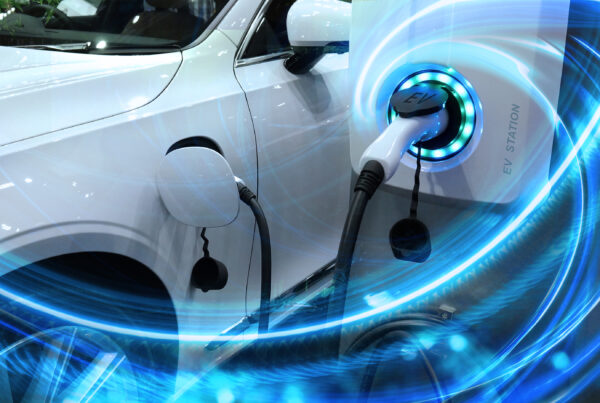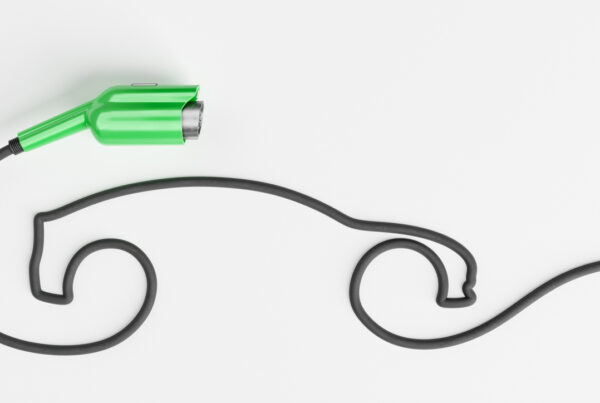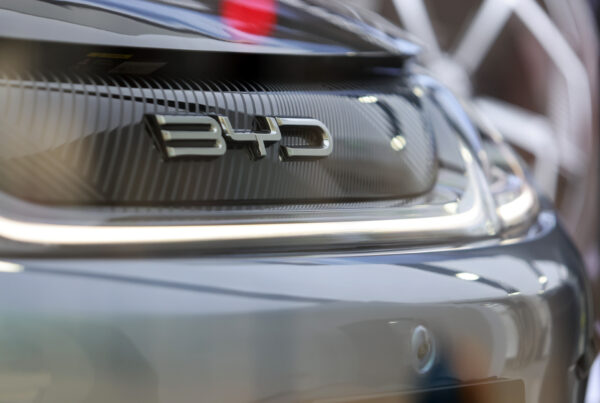The electric vehicle industry may be on the cusp of significantly reducing the chances and dangers of battery fires as a new generation of battery technology is developed.
Graphene aluminum-ion chemistry is considered the next step in EV safety, efficiency, and sustainable manufacturing.
Graphene Manufacturing Group (GMG) and Robert BOSCH Australia have signed an agreement to work in conjunction with one another to develop a battery factory in Australia, to create Graphene aluminum-ion cells.
GMG is an Australian based clean-technology company that produces graphene and hydrogen by cracking methane (natural gas) instead of mining graphite while BOSCH is a global provider of integrated production line solutions, automation, robotics and testing equipment. Together, the organisations can develop an efficient automated battery assembly process, producing high quality, low cost, and scalable clean-tech applications.
The graphene aluminum-ion cells are predicted to replace Lithium-ion batteries which have been the cause of several electric vehicle recalls due to fire risks. Lithium batteries can cause extreme exothermic reactions, generating its own heat and making it very difficult to be put out once the burn starts.
Studies has shown GMG chemistry has three times the energy density of the next-best cell. It also uses nanotechnology to insert aluminum atoms inside miniscule perforations in graphene planes. The batteries will also be lighter than lithium-ion options as they do not require bulky cooling systems.
GMG CEO Craig Nicol explained the sustainable aspects of the GMG chemistry, saying “Our products are basically near 100% recyclable.”
“Once you’re done with it, you pull it apart, refurbish the aluminum foil, recycle the graphene and send it back out again.”
While the agreement between GMG and BOSCH is not binding and the planning is still under development, it is an exciting prospect for overall EV battery safety, especially as the market continues to grow in Australia and around the world.


















